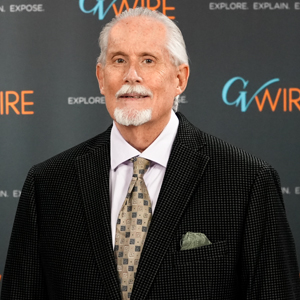Fresno homicide victim Julian Garcia, 27, left, and murder suspect Raymond Ornelas Torres, 41. Torres was located Monday, July 14, 2025, in Indio by Riverside County Sherriff's deputies and is being brought to Fresno. (GV Wire Composite).
Share
|
Getting your Trinity Audio player ready...
|
Fresno police say they have arrested the prime suspect in last month’s murder of 27-year-old Julian Garcia.
Riverside Sheriff’s Office deputies found Raymond Ornelas Torres, 41, in Indio on Monday and detained him. Fresno detectives later interviewed and arrested Torres.
According to Fresno PD, Torres is being transported to Fresno and will be booked into jail on murder charges.
Details of the Killing
Police say that Garcia shot and killed Torres during an argument near Plumas and Lorena avenues on June 20.
Officers from the Southwest Policing District responded to a ShotSpotter activation indicating three rounds fired near there at 2:09 a.m. While enroute to the scene, they received a report of a gunshot victim in a nearby parking lot.
Garcia was discovered there unresponsive with a gunshot wound to the upper body.
Got a Tip?
Although an arrest has been made in this case, detectives ask anyone with information regarding this case to provide it to authorities.
Tipsters can remain anonymous by contacting Crime Stoppers at (559)498-STOP (7867). You may also contact homicide detective R. Montoya at (559) 621-2449 or detective M. Moreno at (559) 621-2443.



















